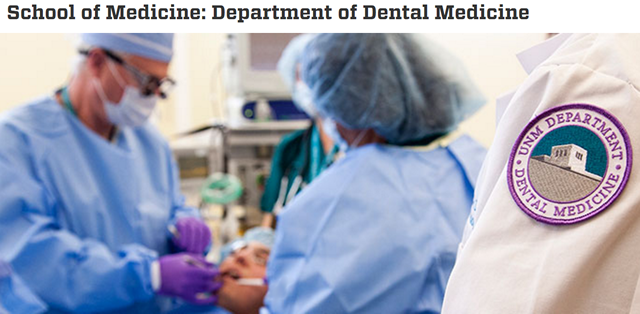
Dental Hygiene ETDs
Publication Date
Spring 5-13-2024
Abstract
Dental plaque biofilm remaining on oral structures causes disease processes such as gingivitis, periodontitis, and dental caries. This study's purpose was to determine which sequence of dental biofilm removal is more effective, toothbrushing followed by flossing or flossing followed by toothbrushing. The study was conducted using an experimental approach with a split mouth design. A pre and post plaque index score was determined for each participant using Ramfjord’s tooth assignment and all data was recorded on a plaque control data sheet. Thirty-two adults were eligible to participate in the study. The average results of the primary plaque score were 78% of tooth surfaces on the right half and 74% on the left half that contained plaque biofilm. Results of the second score were 32% of surfaces on the right side and 35% on the left side still contained biofilm. Statistical analysis shows toothbrushing followed by flossing is more effective.
Degree Name
Dental Hygiene
Level of Degree
Masters
Department Name
Dental Medicine
First Committee Member (Chair)
Justine Ponce
Second Committee Member
Robin Gatlin
Third Committee Member
Christine Nathe
Language
English
Keywords
toothbrushing, flossing, biofilm, gingivitis, Periodontitis, dental caries
Document Type
Thesis
Recommended Citation
Obiedo, Kimberly Ann. "Toothbrushing and Flossing Sequence: The Most Effective Way to Reduce Dental Plaque Biofilm." (2024). https://digitalrepository.unm.edu/dehy_etds/49
